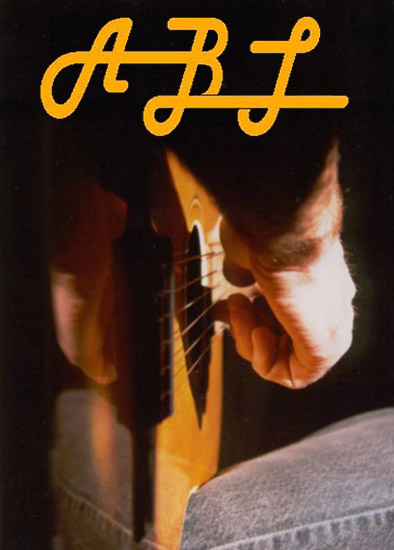|
Column Archive |
||
November, 2016 |
Details |
by Webmaster |
|
How much detail do you need in a song? A poem? A novel? I was wondering what to write for this month's column and watching one of the Star Wars movies. It reminded me of a conversation I had with a friend. She paints, writes songs, and composes music. We met at the art museum, and ate lunch before we went off to explore the exhibit of Japanese-influenced clothing. In additon to art and music, we love to watch Project Runway. And, like, me, she reads. She told me about a science fiction novel she read recently which had no descriptions of the settings. She commented that she has no objection to details being left to the imagination, but said that it would have been helpful in the case of this book. Science fiction is a genre that demands description: how many suns are there? What color is the sky? What do you see out of the window? What is the landscape like if it's on another planet or post-apocalypse? What kind of vegetation grows there? What do the buildings look like? What kind of transportation is there? What other species populate the planet? What do they look like? What smells and sounds and tastes would be different in a space ship or on another planet? If I have to come up with all those answers on my own, I might as well write my own book. I don't need to read yours. James Patterson has written a series of "BookShots" — short, fast-paced novels that are 150 pages or less. His web site says, "Life moves fast—books should too." Back in the early days of songs, ballads were long poems about things that happened. Poems were easier to remember because of their rhyme and meter. Adding melody, turning poems into ballads, made them even easier to remember. Song styles changed. Ballads gained choruses and bridges. Songs became shorter. They no longer needed all the detail of a long story—they just needed to convey emotion. Because of commercial radio, and even the logistics of NPR, the shorter the song, the more likely it is to get airplay, and the easier it is to remember. We've become a nation of people with short attention spans. One car commercial says that we are unable to focus on anything for more than 8 seconds. It makes it's point by showing drivers as they fantasize about being a pop star and an athelete while they drive. The point is the car now has the technology to stop them from crashing into the car in front of them or in the adjacent lane if they forget they're driving. I'm old. I was raised to pay attention when I drive. I'm still alive now because I can, even at my advanced age. I do not believe that we can't focus for more than 8 seconds at a time. I can write a novel or build a web page or make jewelry and focus for hours on end. I forget to eat and drink, but I can focus. Now, I find myself writing shorter novels. After major cutting, my first novel is down to the size of two "normal" novels. My second novel is less than 150 pages. It's what used to be called a novella. I'm working on novel #3. It's almost 170 pages—longer than novel #2 and less than a third of the size of novel #1. I realized, after my discussion with my friend, that I'd left out all descriptions of setting and characters. The book is 31 chapters, mostly conversation and the thoughts of the main character. I'm going through the book adding descriptions of the settings and the characters. I think a book comes alive in the minds of the readers when you provide them with descriptions. The best songs, even those that are less than two minutes long, have sensory images to evoke emotion. Longer songs, poems, and especially novels need those, too. Details help the listener or the reader paint a mental picture that will affect the way the listener and reader feel and help them remember. If you're not going to write something memorable, why write it at all?
Thanks for visiting AcousticByLines.com. |
|||
| TOP | |||

